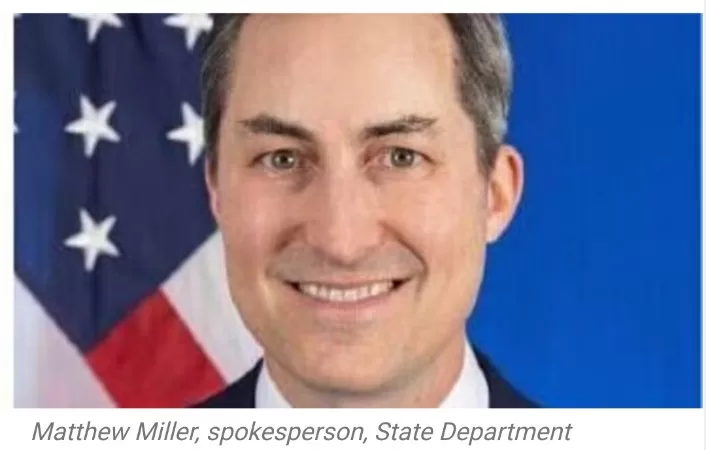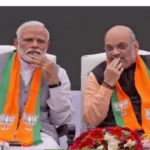Washington, D.C ,The U.S. Department of State, in response to queries from an American Pakistani journalist, unequivocally asserted its non-participation in the selection of Pakistan’s leaders. Matthew Miller, the spokesperson for the Department of State, clarified on Tuesday that the United States exclusively engages with duly elected leaders and the government chosen by the Pakistani people.
The journalist had raised concerns during the press briefing, alleging U.S. involvement in bringing back former Prime Minister Nawaz Sharif, whom he described as an “old corrupt criminal leader.” The journalist urged the U.S. government to condemn corruption and address reports published by a Pakistani newspaper regarding Sharif’s financial dealings, which, he claimed, were never challenged or condemned by the U.S.
Miller, while maintaining the U.S.’s non-interference stance, stated, “We engage with the leadership shown by – or the leadership decided by the Pakistani people, and we will continue to engage with the Government of Pakistan on all these issues.”
Legal Developments Surrounding Nawaz Sharif
Islamabad, Concurrently, legal developments involving former Prime Minister Nawaz Sharif continue to unfold. The Islamabad High Court recently quashed another corruption conviction against Sharif, this one related to investments in steel companies. This decision follows a prior acquittal by the same court regarding corruption allegations tied to his family’s acquisition of upscale London flats.
The timing of these legal developments is crucial as Sharif eyes participation in the upcoming general elections scheduled for February 8, 2024. To qualify, he requires the removal of a life ban on holding public office.
Against the backdrop of these legal proceedings, Pakistan is on the brink of the general elections scheduled for February 8, 2024. Nawaz Sharif, a three-time prime minister, maintains that the charges against him are politically motivated. Simultaneously, Prime Minister Imran Khan, Sharif’s political opponent, grapples with legal challenges and adverse decisions from various courts in Pakistan.
As the political landscape in Pakistan intensifies, the United States reiterates its commitment to non-interference in the leadership selection process, emphasizing engagement with the government chosen by the Pakistani people.




